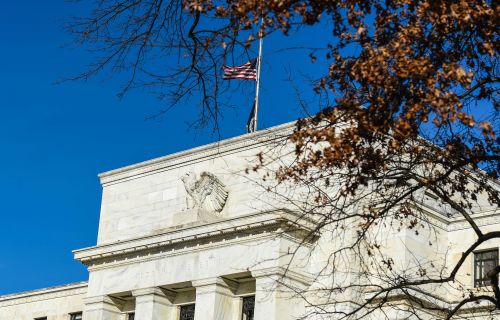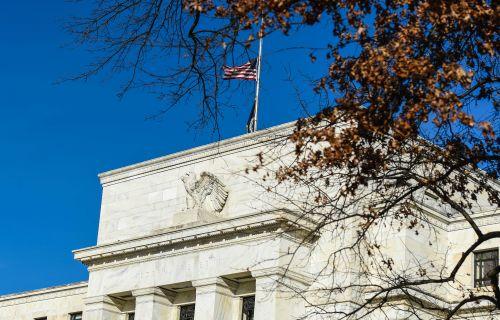
WASHINGTON, July 26 (Xinhua) -- The U.S. Federal Reserve on Wednesday left its benchmark interest rates unchanged as expected amid soft inflation. But the central bank signaled that it would begin shrinking its balance sheet "relatively soon."
"The Committee expects to begin implementing its balance sheet normalization program relatively soon, provided that the economy evolves broadly as anticipated," the Fed's policy-making committee said in a statement released after its two-day meeting.
The Fed's balance sheet has ballooned to around 4.5 trillion U.S. dollars following three rounds of quantitative easing programs to withstand the impact of the 2008 global financial crisis.
As the U.S. economy is back on track for steady growth, Fed policymakers are preparing to unwind its crisis-era policies to avoid igniting inflation pressures or pumping up asset bubbles.
The Fed last month raised the benchmark interest rates for the fourth time since December 2015 and unveiled a plan to trim its holdings of U.S. Treasury bonds and other mortgage-backed securities later this year.
Most economists expect the Fed to begin shrinking its balance sheet in September, with a further rate hike in December, according to the latest survey conducted by the Wall Street Journal. The central bank will hold its next policy meeting on Sept. 19-20.
However, inflation in the U.S. has been softened in recent months, which triggers discussions about the pace and timing of the future rate hikes among Fed officials.
Robert Kaplan, president of Federal Reserve Bank of Dallas, said earlier this month that he wanted to see more evidence to confirm that recent weakness of inflation is "indeed transitory." Fed Governor Lael Brainard also said this month that she would want to assess the inflation process closely before making a determination on further interest rate hikes.
The core price index for personal consumption expenditures, an inflation indicator favored by the Fed, rose 1.4 percent from a year earlier in May, down from 1.8 percent in February, according to the Commerce Department.
While acknowledging U.S. inflation "have declined and are running below" the Fed's target of 2 percent, the central bank said Wednesday in the statement that it still expects inflation to "stabilize around" that target over the medium term.
During her testimony to the U.S. Congress earlier this month, Fed Chair Janet Yellen also said a strong labor market and rising imported prices could support the inflation to pick up.
"It's premature to conclude that the underlying inflation trend is falling well short of 2 percent," Yellen told lawmakers before the Senate Banking Committee. "I haven't reached such a conclusion," she said.




 A single purchase
A single purchase









